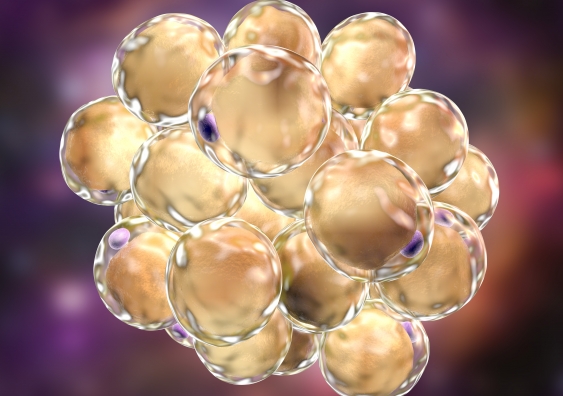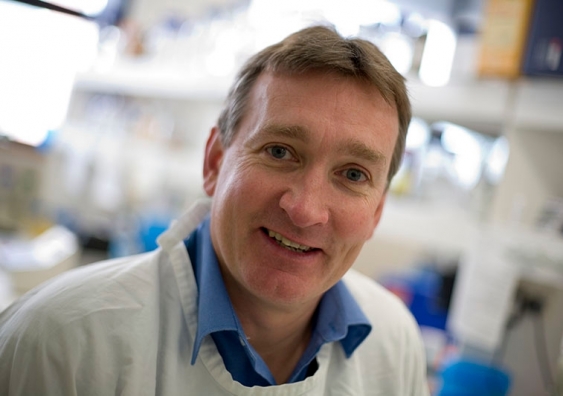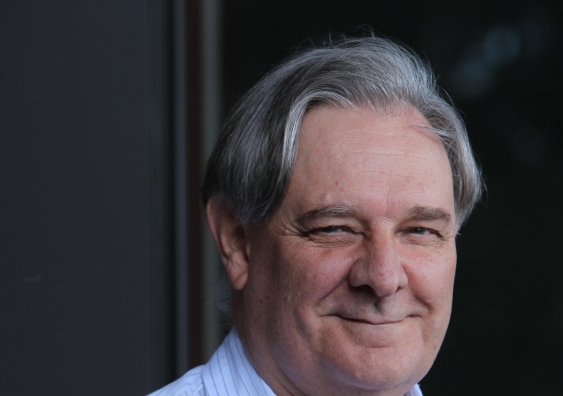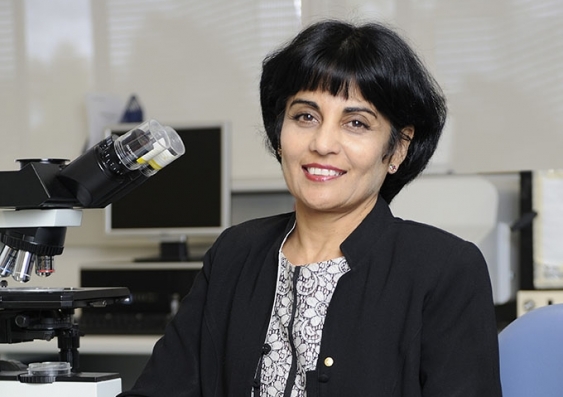UNSW researchers top the state in cancer grants
For the second year running UNSW researchers have topped the Cancer Institute NSW Research Equipment Grants, winning a combined $1.9 million in funding.
For the second year running UNSW researchers have topped the Cancer Institute NSW Research Equipment Grants, winning a combined $1.9 million in funding.

Dan Wheelahan
UNSW Media Office
02 9385 1933 or 0435 930 465
d.wheelahan@unsw.edu.au
For the second year running UNSW researchers have come out on top in the 2016 Cancer Institute NSW Research Equipment Grants, winning a combined $1.9 million in funding.
UNSW Professor Richard Lock received $1,000,000 to purchase the latest generation mass spectrometer. The machine will be used to investigate treatments for leukaemia, non-small cell lung cancer, brain cancer, neuroblastoma and pancreatic cancer.

UNSW Professor Richard Lock
“The Orbitrap Fusion Lumos mass spectrometer will create a unique capability within NSW and allow the analysis of high-sensitivity proteins and lipids to be completed at the one location,” said Professor Lock, who is also Head of the Children’s Cancer Institute Leukaemia Biology Program.
Proteins and lipids are essential components for all aspects of cell metabolism, structure and communication, and a better understanding of their changes and interplay in cancer requires sensitive analytical techniques.
UNSW will also soon become home to the world’s first pre-production prototype of a single-objective selective plan illumination microscope (soSPIM). The novel technology builds on the Nobel Prize-winning super-resolution fluorescence microscopy and will allow researchers to obtain ultrafast and super-resolved images of cancer cells in their natural environment, opening the way for the development of new drugs.

UNSW Professor Peter Gunning
The $375,000 grant for the microscope was awarded to Professor Peter Gunning, head of UNSW Medicine’s Oncology Research Unit. The microscope will be installed later this year in UNSW’s Centre for Single Molecule Science, headed up by UNSW Scientia Professor Kat Gaus.
Pancreatic cancer researcher UNSW Professor Minoti Apte, from the South Western Sydney Clinical School, won $530,500 for a super-resolution light microscope that will allow a deeper analysis of cancer cells and their micro-environment.

UNSW pancreatic cancer researcher Professor Minoti Apte OAM
Professor Apte said technological advances in microscopes now enabled researchers to probe ever deeper into individual cells to identify and analyse biological factors that regulate cancer.
“This super resolution microscope will produce highly detailed images of cells and their internal compartments, and will allow us to analyse proteins and nucleic acids of importance to cancer initiation and progression,” said Professor Apte, who is based at the Ingham Institute for Applied Medical Research.
“We anticipate this analysis will lead to new discoveries about how cancer cells behave and how they respond or resist cancer treatment.”
NSW cancer researchers were awarded a total of $4 million in the latest round of funding from the Cancer Institute NSW Research Equipment Grants program.